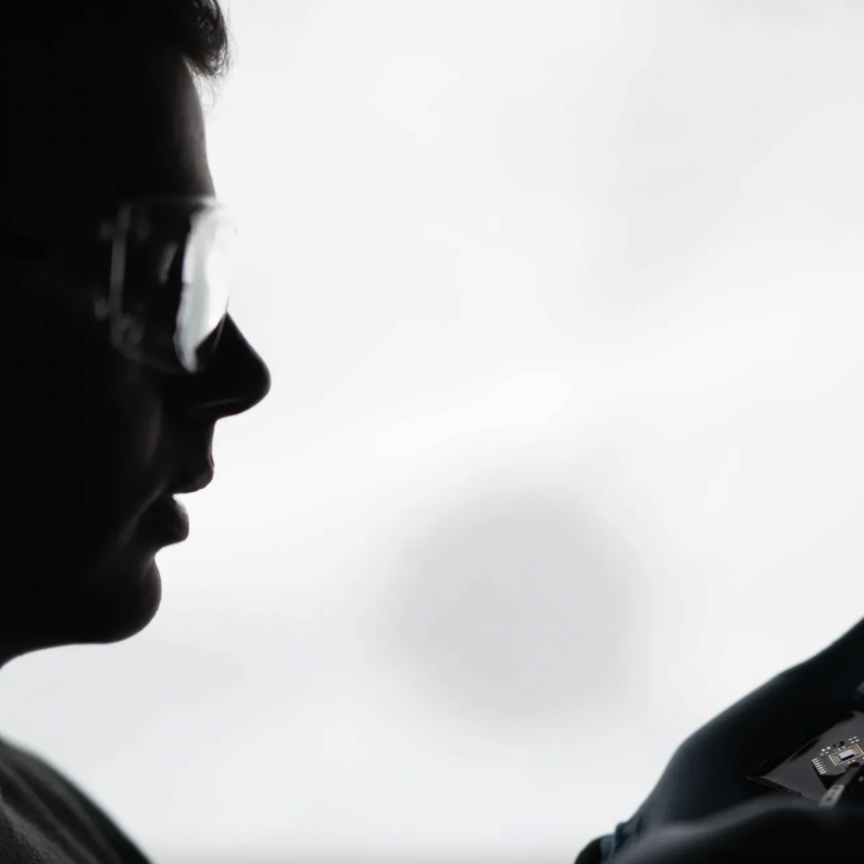Philips Photonics, part of Royal Philips, is doubling capacity at its laser-diode facility in Ulm, Germany in order to meet the demand for VCSEL diodes in data communication, consumer sensing and industrial thermal processing. The expansion is expected to be complete by the end of 2017.
VCSEL diodes are being used in a growing number of consumer and industrial applications, including: sensing of 3D objects in autonomous vehicles; industrial sensors and control functions; driver assist systems; ultra-fast data transmission in data centres and servers; and providing distance and gesture recognition in mobile phones.
Since its establishment in 2000, Philip’s diode facility in Ulm has grown significantly, with staff numbers increasing from 50 in 2012 to 200 in 2016. The expansion of its production capacities reflects the huge potential of vertical-cavity-surface-emitting lasers (VCSEL) in many applications.
‘Over the past few years, we have invested steadily in research, product development and efficient manufacturing processes. The sharp rise in demand for VCSELs is a key factor in our capacity expansion at Ulm, and will enable us to respond to the needs of these rapidly growing markets,’ said Dr Joseph Pankert, general manager, Philips Photonics.
Semiconductor lasers have been developed and manufactured at the Philips Photonics facility in Ulm since 2000. The company has pioneered many innovations such as VCSEL arrays, now widely used for time-of-flight and 3d depth imaging. In 2014, the company made significant step to highly automated manufacturing, within the framework of the ‘VIDAP’ project, jointly sponsored by the German Federal Ministry of Education and Research (BMBF) and the EU.
Further information

